Sciatica is very common, affecting a large number of the population along with back pain. The sciatic nerve runs from your hips to your feet, it is the largest nerve in the human body and starts from the lower spine on both sides of the body through the buttocks and into the back of the thighs. It travels all the way down to the foot and connects the spinal cord with the leg and foot muscles. Sometimes the nerve can become irritated or compressed which causes radiating pain from the lower spine. It can be extremely painful for some people and mild for others.
Sciatica usually affects only one side of the body, you may feel a sudden burning, electric shock, numbness type of sensation in your bottom, legs, feet and toes. Some people describe it as excruciating.
Smoking can increase your chance of getting sciatica. To reduce the chances of developing sciatica, you can keep these tips in mind:

- Keep a healthy weight
- Maintain a good posture
- Be safe when lifting heavy equipment
- Exercise regularly
The most common cause for sciatica is a slipped disc. Other causes may be an injury, spinal stenosis or spondylolisthesis.
How is sciatica treated?
Firstly, sciatica will need to be diagnosed. Your doctor will perform a series of physical examinations like, heel to toe walk, reflexes and muscles strength. An x-ray, MRI scan or CT scan may be undertaken to check for a herniated disc that could be protruding on the spine. Usually, your doctor may want to wait a couple of weeks to see if the sciatica improves at all or if the pain is mild.

Medication is often the first option of protocol. Drugs like anti-inflammatories and muscle relaxants can be prescribed to help with the pain. Another option is physical therapy. Physiotherapists are exceptionally trained in helping patients with sciatica and control the pain. It may take a couple of weeks for the effects to really start helping but it’s a great way to start if more invasive techniques are not an option.
Using a steroid injection of corticosteroids will quickly help reduce pain from the irritated nerve. The injection is not permanent and may wear off after a few months but regular injections should help keep the pain at bay.
Surgery is often the last option for sciatica and is used when the nerve is being compressed. Patients experiencing progressive extreme pain and loss of bladder and bowel control will definitely need surgery to help free up the nerve from any bony spurs or herniated discs.
PATIENTS WITH PAIN IN BOTH LEGS OR CHANGE IN BLADDER, BOWEL OR ERECTILE FUNCTION MUST SEEK AN URGENT NEUROSURGICAL OPINION. ALMOST ALL PATIENTS NEED URGENT SURGERY.
This article is intended to inform and give insight but not treat, diagnose or replace the advice of a doctor. Always seek medical advice with any questions regarding a medical condition.
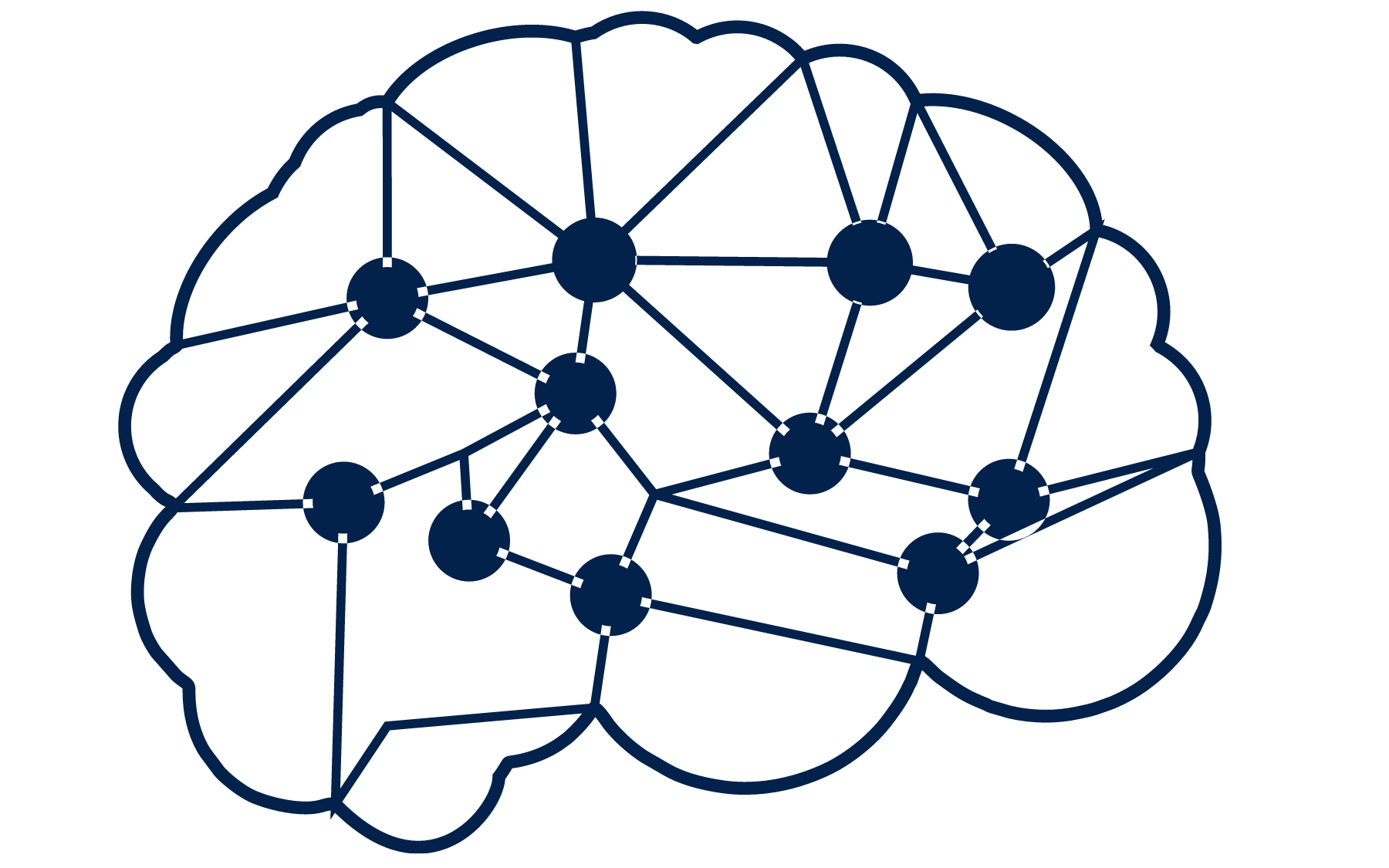
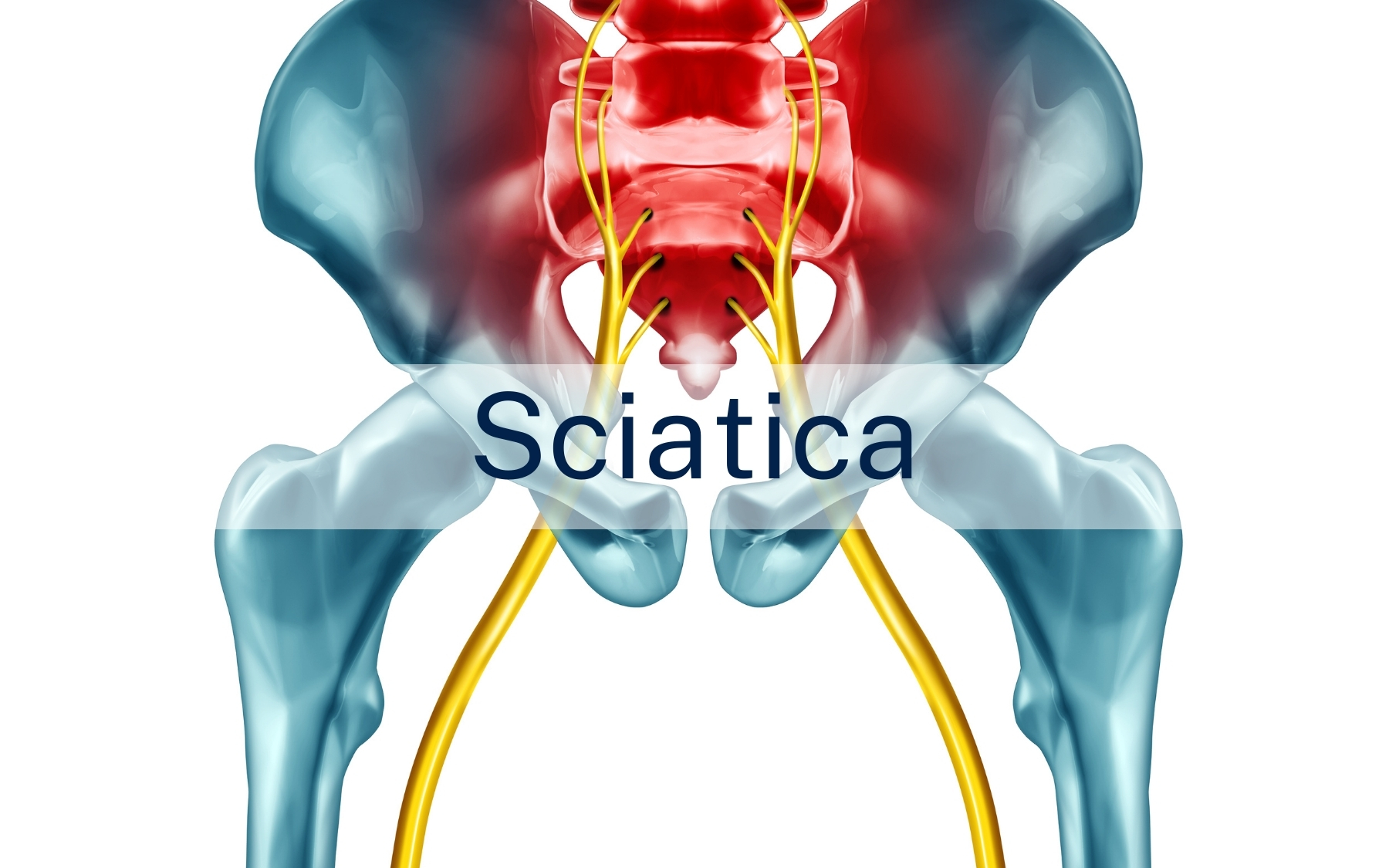
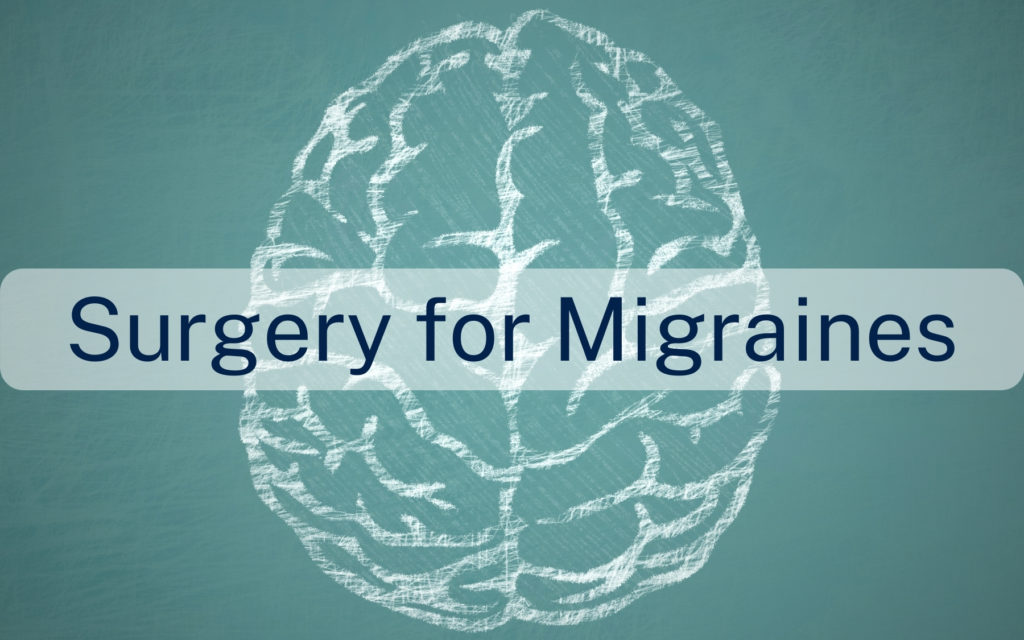

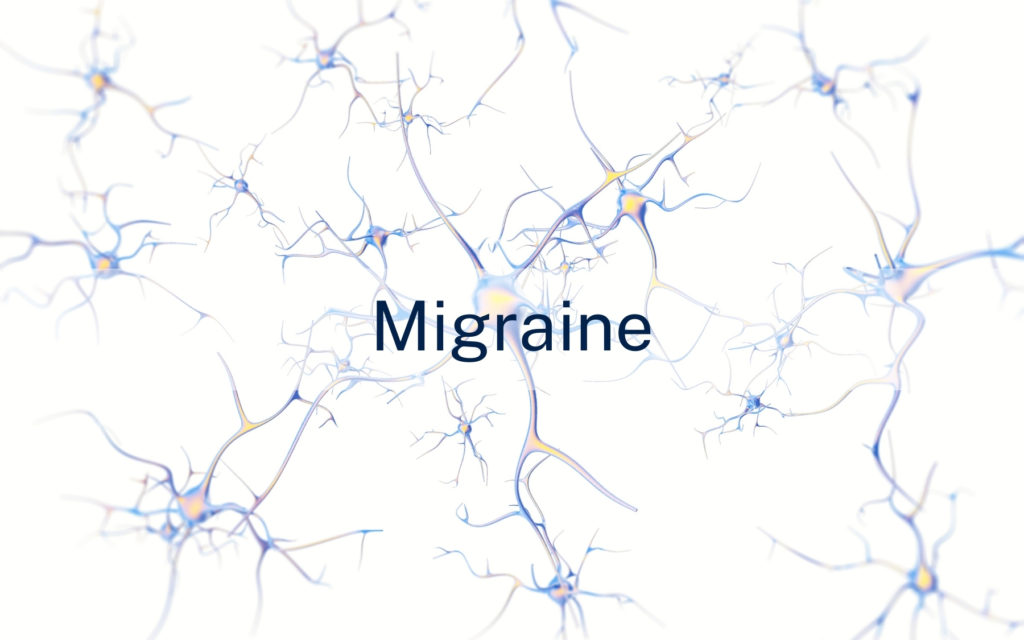
0 Comments